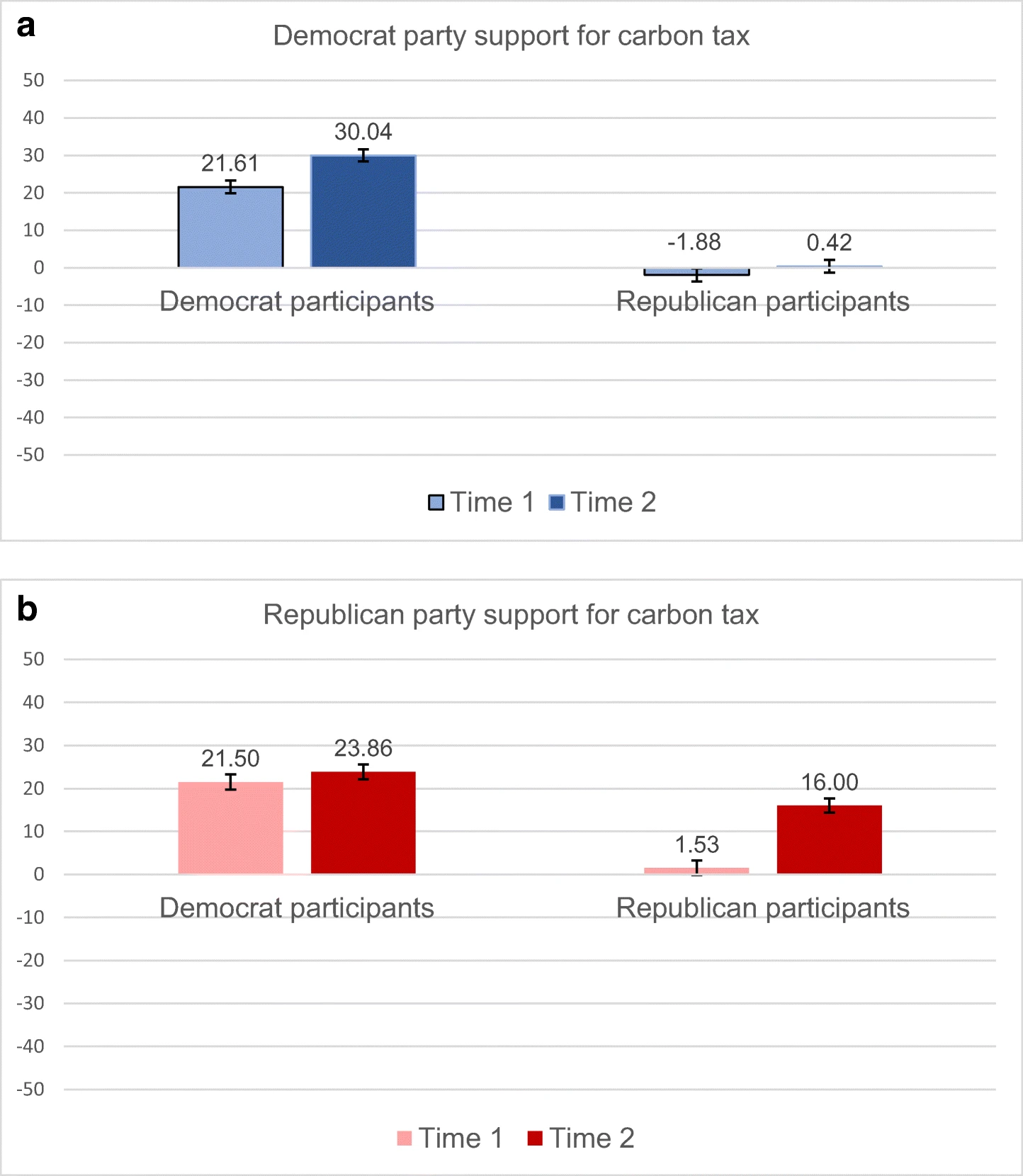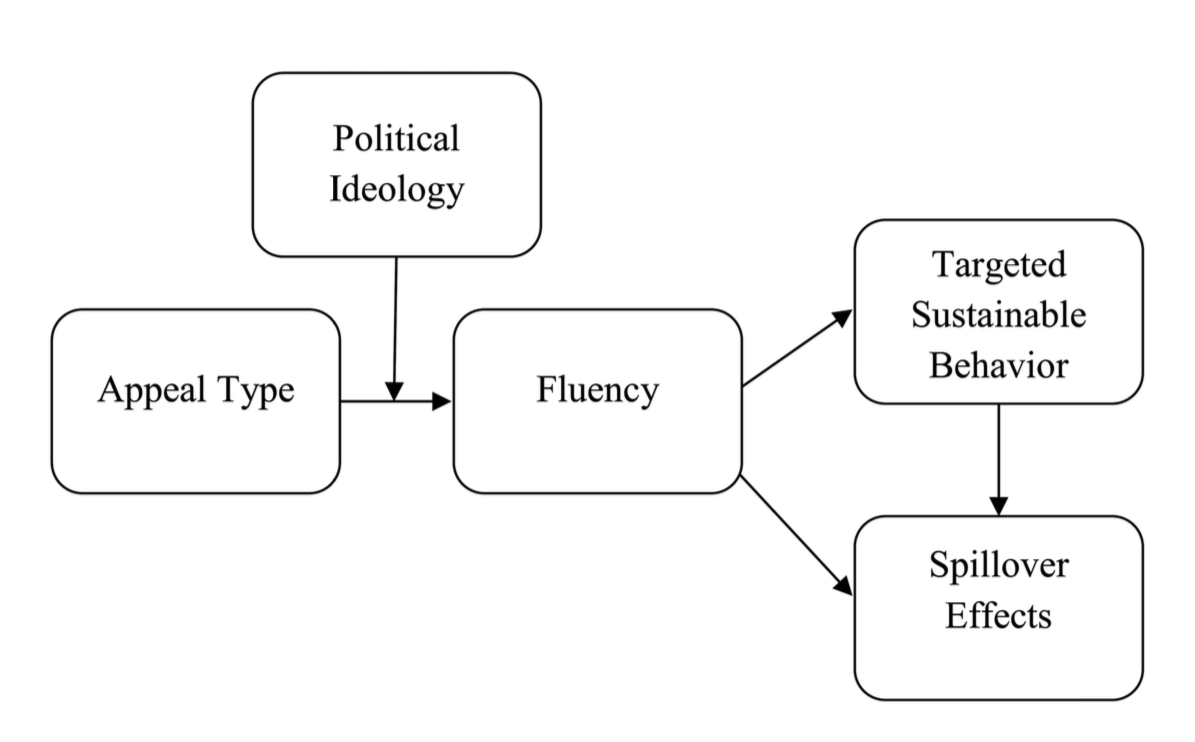Click here and press the right key for the next slide.
(This may not work on mobile or ipad. You can try using chrome or firefox, but even that may fail. Sorry.)
also ...
Press the left key to go backwards (or swipe right)
Press n to toggle whether notes are shown (or add '?notes' to the url before the #)
Press m or double tap to slide thumbnails (menu)
Press ? at any time to show the keyboard shortcuts

The Puzzle of Moral Foundations Theory
[email protected]
puzzle
Given that the evidence for cultural variation in moral psychology is at best weak,
and given that the theoretical argument for moral reframing is flawed,
why does moral reframing seem to work?
1. ‘Moral convictions and the emotions they evoke shape political attitudes’
2. There are at least two fundamental domains of human morality, including harm and purity.
3. ‘liberals and conservatives possess different moral profiles’
4. ‘liberals express greater levels of environmental concern than do conservatives in part because liberals are more likely to view environmental issues in moral terms.’
5. ‘exposing conservatives to proenvironmental appeals based on moral concerns that uniquely resonate with them will lead them to view the environment in moral terms and be more supportive of proenvironmental efforts.’
‘Why does moral reframing work? The primary explanation is that morally reframed messages are influential because targets perceive a “match” between their moral convictions and the argument’ (Feinberg & Willer, 2019, p. 4).
Could we explain the observed effects on attitudes and actions
without appeal to cultural variation in moral concerns
(and so without invoking Moral Foundations Theory)?
Hurst & Stern (2020) manipulated both message and source (conservative/liberal/neither).
The combination of conservative moral frame and conservative source did move conservatives’ proenvironmental attitudes, but ...
‘Across our two studies we found only one instance where conservative frame alone influenced support for the transition away from fossil fuels, even when combined with a liberal source’ (Hurst & Stern, 2020, p. 8).
Doesn’t this contradict what Feinberg & Willer (2013) found?
‘we wrote the conservatively framed message with language intended to trigger all five moral foundations [...]
it is possible that the references to harm and fairness we included in the conservative message were too reminiscent of the familiar liberal messaging [...]
This subtle outgroup (i.e., liberal) association may have weakened the overall appeals’
(Hurst & Stern, 2020, p. 9).
Doesn’t this contradict what Feinberg & Willer (2013) found?
Maybe those authors’ study confounds message frame with message source.


Fielding et al. (2020, p. figure 1)
‘it is possible that the values framing in past studies worked because it provided conservatives with information about the source of the message: when messages aligned with conservative values, Republicans [conservatives] filled in the gaps and simply presumed that the message came from a Republican source’ (Fielding et al., 2020, p. 196).
Why does moral reframing work?
The primary explanation is that morally reframed messages are influential because targets perceive a “match” between their moral convictions and the argument in favor of the other side’s policy position’ (Feinberg & Willer, 2019, p. 4).
Evidence: Wolsko (2017)
Morally reframed messages provide cues about the source of the message, and people are more influenced by messages from members of their own ingroups.
Evidence: Fielding et al. (2020); Hurst & Stern (2020)

Schuldt et al, 2017
How much do you know about Pope Francis’ views on climate change? [inexact wording]
‘Do you consider climate change to be a moral or ethical issue?’
Results
‘Whereas a minority (46%) of respondents reported perceiving climate change as a moral issue in the control condition, this figure rose to 51% among those in the pope prime condition’ (Schuldt et al., 2017).
‘the pope prime exerted a stronger effect on the moral beliefs of Republicans
‘Democrats were equally likely to report perceiving climate change as a moral or ethical issue regardless of condition’

Kidwell et al, 2013 figure 1

Fluency matters for
familiarity judgements
agency judgements
surprise judgements
...

Kidwell et al, 2013 figure 1
Could we explain the observed effects on attitudes and actions
without appeal to cultural variation in moral concerns
(and so without invoking Moral Foundations Theory)?
moral reframing may be effective because
- it indicates a source
- it enhances fluency
- ...
puzzle
Given that the evidence for cultural variation in moral psychology is at best weak,
and given that the theoretical argument for moral reframing is flawed,
why does moral reframing seem to work?